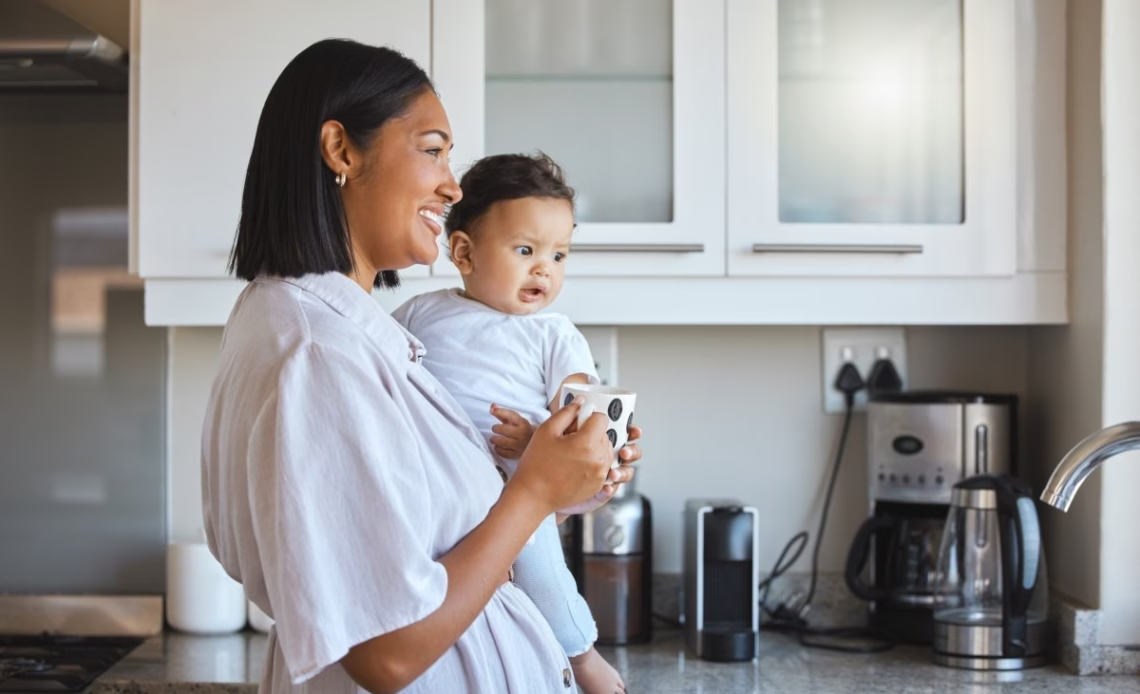A common household chemical might hold a surprising secret—one that could help prevent sudden infant death syndrome (SIDS).
In a new paper published in the Journal of Perinatology, researchers at Rutgers Health propose that caffeine—long used as a respiratory stimulant in premature infants—could help protect babies from the low-oxygen episodes that may trigger SIDS and other forms of sudden unexpected infant death (SUID).
SIDS remains the leading cause of death for infants between one and 12 months of age.
“We’ve been concerned about why the rates haven’t changed,” said Dr. Thomas Hegyi, a neonatologist at Rutgers Robert Wood Johnson Medical School and lead author of the study. “So, we wanted to explore new ways of approaching the challenge.”
PeopleImages
Nearly every known risk factor for SIDS—such as stomach sleeping, exposure to cigarette smoke, bed-sharing and premature birth—shares a physiological common denominator: “intermittent hypoxia”, or repeated episodes where the infant’s oxygen levels drop dangerously low.
“I wondered, what can counter intermittent hypoxia?” Hegyi questioned. The answer? “Caffeine.”
Caffeine has long been used to treat apnea in premature infants, stimulating breathing and proving safe for newborns, he explained.
What makes it even more interesting is how slowly infants metabolize caffeine. In a newborn, caffeine can stay in the system for weeks.
That extended presence may help explain a long-standing mystery: why the risk of SIDS peaks between two and four months of age.
According to the researchers, caffeine passed from mother to baby—either during pregnancy or through breast milk—may offer early protection that fades as the baby’s metabolism speeds up.
This idea also opens the door to a potential explanation for the protective effects of breastfeeding, which has long been associated with reduced SIDS risk.
“We hypothesize that the protection afforded by breast milk is, in part, due to caffeine,” the authors wrote.
If proven, this theory would mark a dramatic shift in SIDS prevention strategies—from purely behavioral interventions to the first-ever pharmaceutical approach.
But the researchers are careful to note that this is preliminary, hypothesis-generating work—not a call for parents to start giving their babies coffee.
“The idea isn’t that caffeine…
Click Here to Read the Full Original Article at Newsweek…

